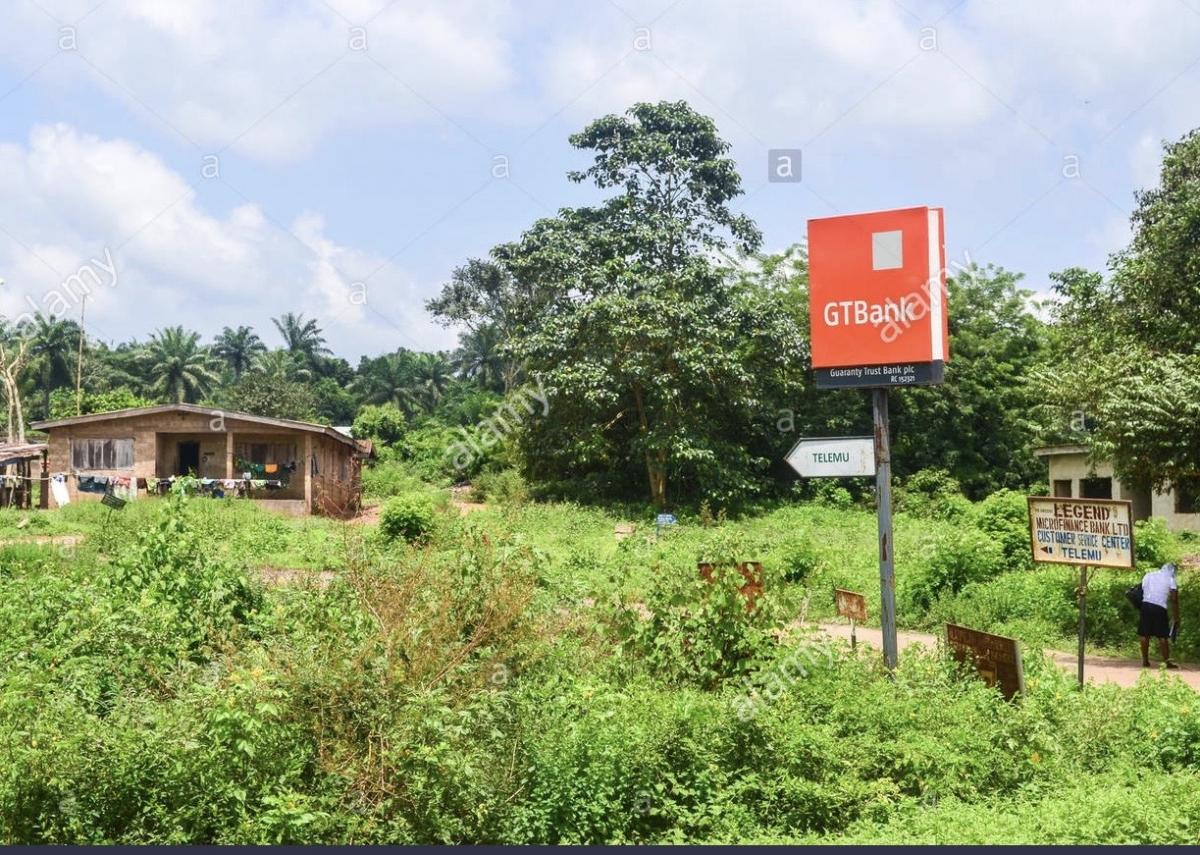There are no products in your shopping cart.
| 0 Items | £0.00 |


ABOUT 8m West Africans opened new bank accounts during the coronavirus lockdown as the reduction in commercial activities forced them to save money according to a new report just released by the Bill and Melinda Gates Foundation.
During the lockdown, markets, motor parks, supermarkets and all other commercial centres were shut, forcing people to sit at home. Surprisingly, they led to a large number of West Africans opening bank accounts, inadvertently allowing the sub-region to achieve an economic goal which it set itself at the Maya Declaration in 2011.
Nine years ago, the Economic Community of West African States (Ecowas), including Nigeria, made a commitment to reduce the financial exclusion rate to 20% from 46.3% by 2020. To achieve this, the Central Bank of Nigeria (CBN) adopted the National Financial Inclusion Strategy (NFIS) in 2012.
According to the strategy’s document, NFIS was built on four strategic areas of agency banking, mobile banking/mobile payments, linkage models, and client empowerment. This strategy document also identified four priority areas for guideline and framework development, including tiered know-your-customer (T-KYC) regulations, agent banking regulations, national financial literacy strategy and consumer protection.
In a surprise development, the Bill and Melinda Gates Foundation report also showed that eight members of the West African Economic and Monetary Union, allowed people to open accounts by text messages or telephone calls and followed this up later to verify their identity in person. Members of the West African Economic and Monetary Union include Benin, Burkina Faso, Ivory Coast, Guinea-Bissau, Mali, Niger, Senegal and Togo.
According to the report, which Bill and Melinda Gates co-author every year, many developing countries are doing impressive work on digital cash transfers that put money directly in people’s hands. According to the World Bank, 131 countries have either implemented new programmes or expanded existing ones since February, reaching 1.1bn people.
For instance, India, which had already invested in a world-class digital identity and payment system, was able to transfer cash to 200m women almost immediately once the crisis hit. However, the report also showed the global economy will lose $12trn or more, by the end of 2021 even with the $18trn that has already been spent to stimulate economies around the world, due to the effects of the coronavirus pandemic.